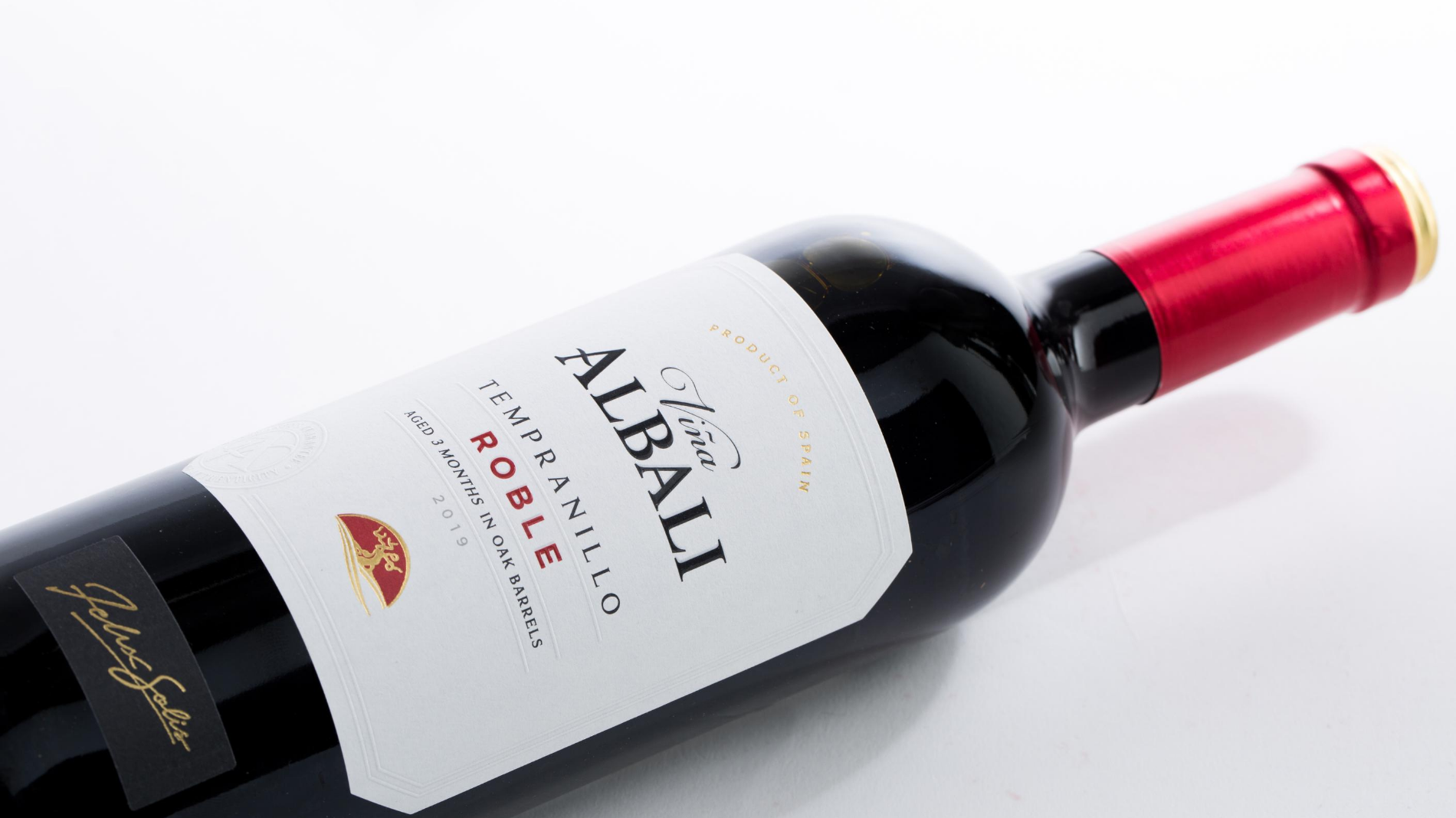Organic Wines, the future of wine-growing
Organic wines are those that are made according to organic agricultural standards and regulations, avoiding chemical fertilisers and pesticides, and using only natural organic fertilisers in the vineyards.
In recent years, supermarkets have been flooded with these products that avoid the use of ingredients that are harmful to the environment and are committed to natural growing methods. Social awareness is increasing and consumption trends are constantly growing.
RESPECTING THE NATURAL CYCLE
The methods used to produce organic or green wines do not differ greatly from traditional wine-making methods. They involve going back to wine-growing methods of the 50s using current agricultural technology and knowledge. One of the most important factors in organic wine-growing is the fertilisation of the soil, with natural elements such as manure and compost. This type of 100% organic matter nourishes the soil, allowing the plant to grow slowly and naturally, resulting in growth, ripening and harvest times that tend to be slightly different from non-organic wines. Respect for the natural cycle is key.
In organic vineyards, traditional agricultural techniques are used, those based on the rational and balanced use of natural resources, respecting the biological balance of each vine thanks to mineral fertilisers. In this type of extensive agriculture, the number of chemical treatments in the vineyard is minimised and only natural fungicides are used against fungi related diseases.
All chemical phytosanitary treatments are replaced by natural products of biological origin. For instance, the leaves, stem and trunks of the vines are used, along with residual plant matter or animal manure, to make the compost that replaces the chemical fertilisers. Herbicides are replaced with animals grazing among the vines who kill weeds naturally. In order to achieve natural fertilisation, they grow plants and herbs rich in Nitrogen. This reduces the amount of industrial waste in the soil, water and atmosphere, and avoids negative effects on the ecosystem.
As we have seen, the production process for organic wine is similar to the traditional process; its production does not require a significant cost, beyond the increase in manual processes. With regard to quality, organic wine is made with healthy, ripe grapes, a fresher, more natural end product that provides a greater amount of vitamins, minerals and nutrients in general.
However, for a wine to be considered organic it must include a certificate issued by official bodies, which certify that the established sustainability policies have been followed.
If you’d like to find out what an organic wine tastes like, we invite you to taste Viña Albalí’s organic range which includes red wine , white wine and rosé wine, made with Tempranillo and Verdejo grapes which are part of the Protected Geographical Indication (PGI) of Vino de la Tierra de Castilla.










